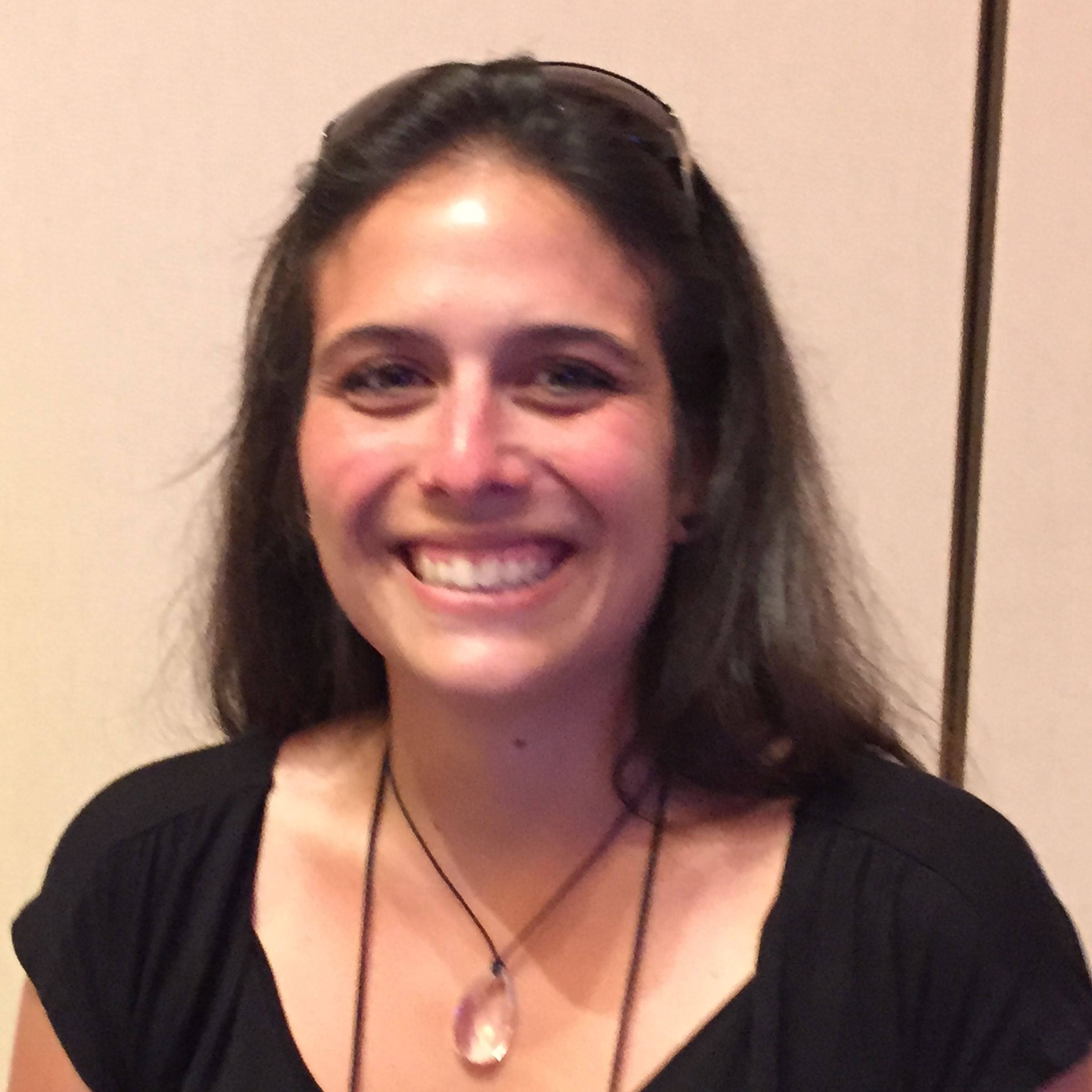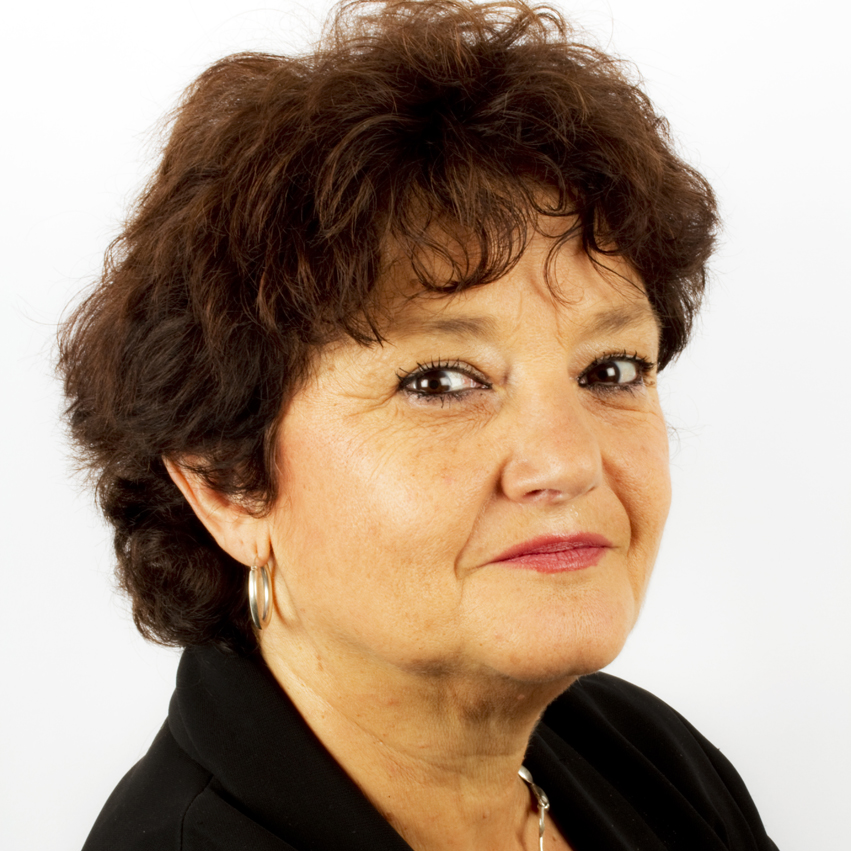HICSS - 51 E-Government Track
51st Hawaii International Conference on System Sciences
January 3-6, 2018 - Hilton Waikoloa Village, Big Island, HI, USA
Overview
Minitracks
Tutorials and Workshops
Other Links
Smart Cities and Smart City Government



Minitrack Description
Innovation, and technological innovation in particular, can help city governments to meet the challenges of urban governance, to improve urban environments, to become more competitive and to address sustainability concerns. To prevent and manage these challenges, cities need to operate in an innovative way. In this context, the smart city approach is emerging as a way of solving tangled and wicked problems.
Although the literature is rich in references to the smart city, it is also fragmented: this is still a fuzzy concept that is not being consistently used. Despite the different definitions and studies on smart cities, there seems to be agreement on the fact that the smart city is a multidimensional and multifaceted concept that goes beyond the mere use of technology and urban infrastructure. Although technology is a necessary condition for a smart city, it is not the only one. City administration and management, information integration, data quality, privacy and security, institutional arrangements, and citizen participation are just some of the issues that need greater attention to make a city smarter today and in the near future.
This minitrack aims at exploring these issues, paying particular attention to the challenges of smart cities and to the impact of smart cities initiatives. It also aims at focusing on the orchestrated interplay and balance of smart governance practices, smart public administration, smart resources and talent leverage in urban and regional spaces facilitated by novel uses of ICT and other technologies.
Minitrack topics include, but are not limited to:
- Smart governance as the foundation to creating smart urban and regional spaces (elements, prerequisites, and principles of smart governance)
- Smart government (focal areas, examples, current practices, cases, potential pitfalls)
- Smart partnerships (triple/quadruple helix, public-private partnerships, citizen participation)
- Smart cities and smart regions (cases, rankings and comparisons, critical success factors)
- Collective intelligence for cities and regions
- Smart city and emerging technologies (big data, open data, social media & networks,…)
- Smart grids and the Internet of Things (infrastructure, transportation, education, governance, environment, health care, safety, security, and energy)
- Smart carbonless and clean individual and public mobility
- Smart devices and their novel use in public management
- Smart (technology-facilitated) practices such as payment systems, identification systems, etc.
- New cybersecurity risks and vulnerabilities in smart technologies
- SMART as a public-sector planning and management principle (Specific, Measurable, Action-oriented, Results-based, and Time-bound)
More information on the minitrack chairs:
Mila Gascó holds an MBA and a Ph.D. in public policy evaluation (Award Enric Prat de la Riba granted to the best Ph.D. thesis on public management and administration, given by the School of Public Administration of Catalonia in Barcelona, Spain). Nowadays, she is the Associate Research Director of the Center for Technology in Government as well as a Research Associate Professor at the Rockefeller College of Public Affairs and Policy, both at the University at Albany – SUNY. Before joining SUNY, Gascó served as a senior researcher at the Institute of Governance and Public Management (currently known as ESADEgov - Center for Public Governance) and the Institute of Innovation and Knowledge Management, both at ESADE Business & Law School in Spain. Previous to that, she was a senior analyst at the International Institute on Governance of Catalonia and a professor in the Rovira Virgili University and the Pompeu Fabra University, both in Spain. Gascó has considerable consulting experience on the information and knowledge society as well. In this respect, she has worked for a wide variety of organizations, such as the United Nations Development Program, the Mayor’s Office in Valencia (Venezuela), the Spanish Agency for International Development Cooperation, the City Council and the Provincial Council of Barcelona, the International Institute for Democracy and Electoral Assistance, the Latin American Centre on Management for Development (for whom she co-developed the Ibero-American Interoperability Framework), the World E-Governments Organization of Cities and Local Governments (she was the leading judge for the WeGo Awards), the Inter-American Development Bank, or Google. Her areas of research are mainly related to information and technology in government and, among other, they include electronic and open government, e-Governance, public sector innovation, smart cities, and public policy evaluation.
Elsa Negre received her Ph.D. in Computer Sciences in 2009 from Université François-Rabelais de Tours, France. She was a postdoctoral fellow at Université du Québec en Outaouais (UQO), Canada in 2010-2011, then at Laboratoire d'Informatique Nantes-Atlantique (LINA), France in 2011. She is currently an Assistant Professor at Université Paris-Dauphine, France. Her research interests include recommender systems, similarity measures, information systems and knowledge management, data warehousing and social network analysis, early warning systems, and smart cities. Negre has authored and co-authored more than 40 publications in refereed journals and conferences.
Camille Rosenthal-Sabroux is full Professor at Dauphine University, Paris IX. She is a graduate of PHD Pierre et Marie Curie, Paris VI, (1971) and HDR (habilitation à diriger des recherches) in Computer science (1996). From 1976 to 1989, she was assistant professor in Paris XI, in Expert System. Since 1989, she is Professor at Paris Dauphine University, Paris IX and advises some large companies (AG2R, Sallustro Redel Management, Bureau Veristas, PSA Citroën, Arcelor, France Télécom) about Information Systems, Knowledge Management, Decision Science. She is the founder of the SIGECAD Group, which domain topics are Information System, Knowledge Management, and Decision Aid. Her main research topics are: Modeling Language (UML), Decision Aid, Knowledge Acquisition, Knowledge Management, and Information System. She is the Director of the Master “Extended Company’s Information System: Audit and Consulting”. She has published several books and articles.
Co-Chairs
Mila Gascó
(Primary Contact)
Associate Research Director
Center for Technology in Government
University at Albany, SUNY
187 Wolf Road, Suite 301
Albany, NY 12205, USA
Phone: +1-518-442-3892
Email: mgasco@ctg.albany.edu
Elsa Negre
Université Paris-Dauphine LAMSADE
Bureau B-220ter
Place du Maréchal de Lattre de Tassigny
75775 Paris Cedex 16, France
Phone: +33-1-4405-4184
Email: elsa.negre@dauphine.fr
Camille Rosenthal-Sabroux
Université Paris-Dauphine LAMSADE
Place du Maréchal de Lattre de Tassigny
75778 Paris Cedex 16, France
Phone: +33-1-4405-4724
Fax: +33-1-4405-4091
Cell: +33-6-0807-1487
Email: sabroux@lamsade.dauphine.fr
